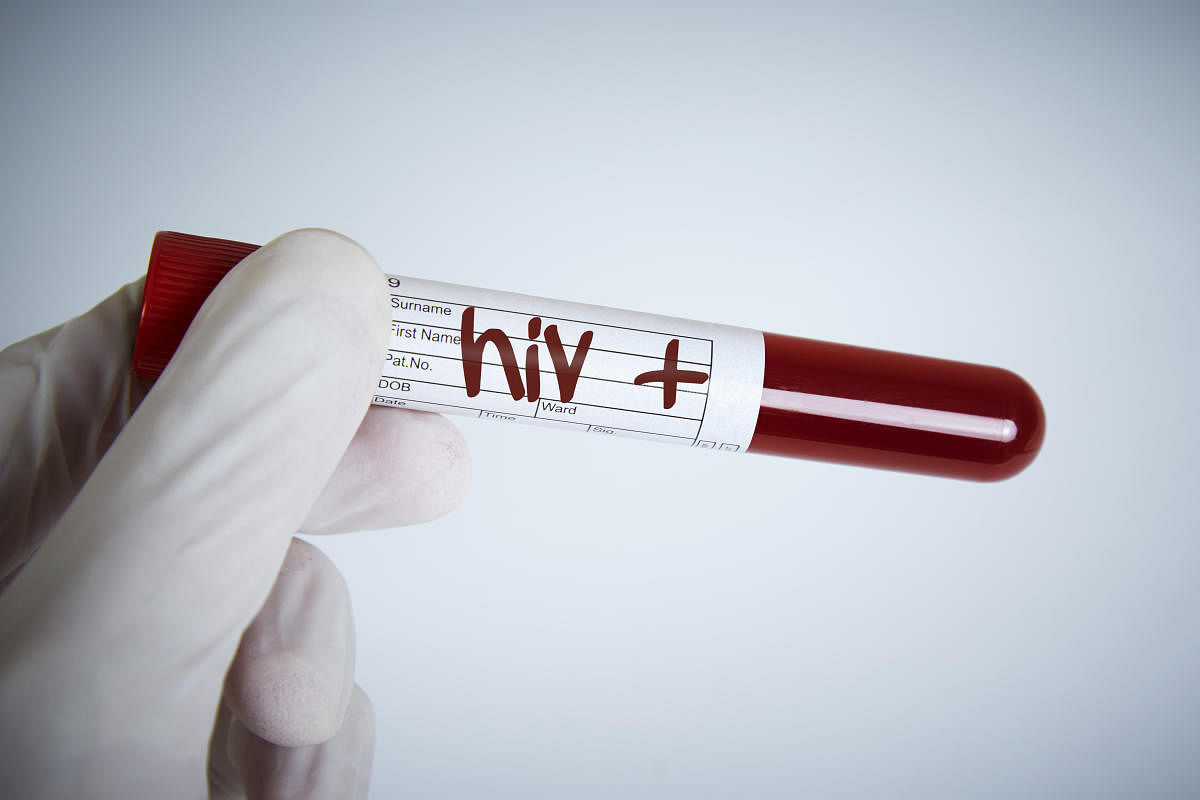With the news of a potential cure for HIV creating a buzz among the AIDS community in India, scientists, doctors and government cautioned that an across-the-board cure is still years away.
On March 4, researchers in Europe reported that they had cured an individual of HIV, through a complicated bone-marrow transplant. The treatment is not usually used to address HIV and had instead been used to treat cancer within the patient. Nevertheless, for AIDS sufferers, the breakthrough offered a glimmer of hope that a viable treatment is on the horizon.
“I was excited to hear about the breakthrough,” said Swetha Kumar (not her real name), a veteran HIV-infected campaigner in Davangere, who has lived with the virus since 2004. “It is what we had been waiting for since the beginning. But since the treatment was not pioneered in India, we AIDS sufferers worry about how many more years it will take for such treatments to come to India. How many more people will die until that treatment can come?”
Prof Satyajit Mayor, of the National Centre for Biological Sciences, Bengaluru, cautioned that the treatment likely would not result in an immediate cure for the worldwide population of HIV sufferers.
“Gene editing is an extraordinarily expensive proposition and it cannot be a cure for a vast majority of people suffering from HIV. Unless the procedure of editing is indigenised, it will probably be out of bounds for most people,” he added.
The situation is further complicated by the fact that gene-editing therapy is still in its infancy in India, according to Dr Bhimasena Rao, a Bengaluru-based pulmonologist who also helps run an HIV clinic.
“With drugs, HIV has become like a chronic disease which can be controlled. With these drugs, what we have is almost like a cure,” Dr Rao added.
